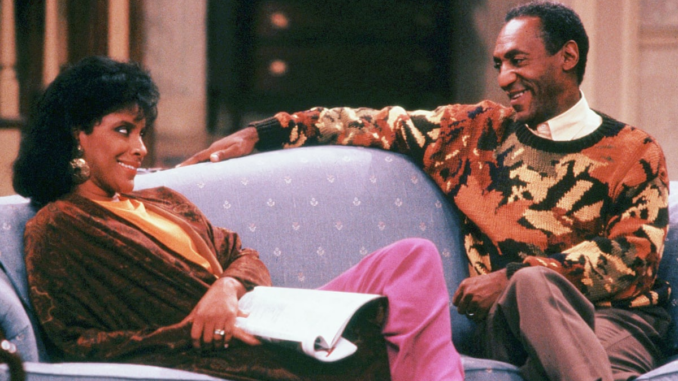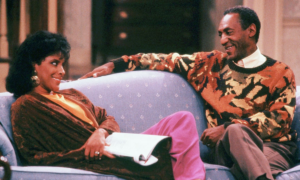
Introduction When The Cosby Show first aired, it had a profound impact on the way African-American families were depicted in media. Prior to the show, African-Americans on TV were often portrayed through negative stereotypes or as secondary characters. The Cosby Show changed that by showcasing an African-American family that was successful, educated, and relatable. This article explores how the show reshaped African-American representation in television and the media.
Challenging Stereotypes Before The Cosby Show, most African-American characters on television were either poor, struggling, or depicted in comedic side roles. The Huxtables were different. Cliff and Clair Huxtable were both highly educated professionals—Cliff as a doctor and Clair as a lawyer. Their lives were not defined by race, but by universal themes such as love, parenting, and the pursuit of happiness. The portrayal of an African-American family leading a successful life helped break harmful stereotypes and showed that black families could live comfortably and prosper in a way rarely seen on TV at the time.
Opening Doors for Other Shows The Cosby Show was not just a success in terms of viewership—it also paved the way for other African-American-led shows. Shows like A Different World, The Fresh Prince of Bel-Air, and Living Single followed in The Cosby Show’s footsteps, providing diverse and well-rounded representations of African-American characters. These shows showcased different aspects of African-American life, from college life to relationships and career aspirations, reflecting a broader spectrum of the African-American experience.
Portraying Diverse African-American Experiences One of the most significant contributions of The Cosby Show was its ability to showcase different facets of the African-American experience. While many shows before it had painted a narrow view of what it meant to be black in America, The Cosby Show showed that African-American life was multi-dimensional. The Huxtables were not just defined by their race but by their individual dreams, challenges, and relationships.

Criticism and Legacy Despite its groundbreaking success, The Cosby Show was not without its critics. Some argued that the Huxtables were an unrealistic portrayal of African-American life, especially considering the ongoing struggles faced by many black families in the U.S. However, others pointed out that the show was not meant to be a documentary but rather a positive, aspirational portrayal of what was possible. Regardless of the debate, the show’s legacy in shaping African-American representation in media cannot be overstated.
Conclusion The Cosby Show played a pivotal role in reshaping how African-American families were depicted in the media. It proved that black families could be portrayed in a positive light without resorting to stereotypes. Its success opened doors for more African-American actors, writers, and producers, and helped lay the groundwork for a more inclusive media landscape.
